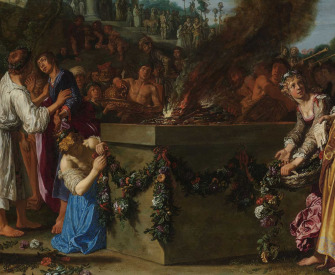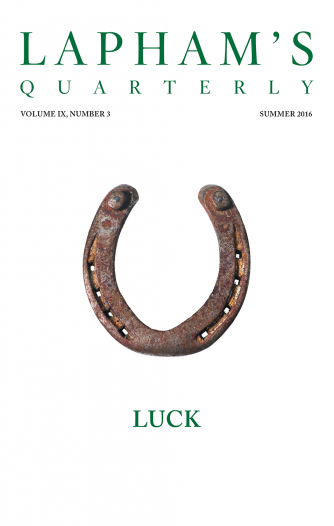The apparent indolence and dazzling exterior of fashionable life in the city, the luxurious sparkle of professional and mercantile pursuits in these great centers, have a peculiar charm to the youth of the country, who soon begin to see nothing but dull monotony and uninteresting drudgery on the farm and in the village.
But once in the city and the novelty worn off, they awaken from their sweet dreams, step from their castles in the air, and find that city life is terribly in earnest, alarmingly treacherous, and indescribably irksome and unremunerative. If they escape the allurements of vice, they find themselves surrounded by such unbounded selfishness and trickery and insincerity that the loveliest of their nature is poisoned and withered, the divinity of their manhood and womanhood is shockingly marred, and that which came from the country a beautiful gem, reflecting the soft light of generous love and tinging its surroundings with the hue of heaven’s purity and sweetness, becomes a shriveled, graceless, and loveless crudity, vexatious to itself and a thorn to its fellows. If we wallow in the mud, it will be miraculous if we escape the soiling of our garments; if we live amid contagion, it is folly to wonder why we become contaminated, and if we walk among vice and mingle with impurity—and listen to the teachings of corruption and selfish treachery—it is certainly not remarkable that we should become bankrupt in principle, in honor, and in virtue.
From the Western Rural. Appearing in a populist Chicago weekly, this screed ended with a word of advice, “Young men, remain in the country.” In response to the paper’s derisive portraits of the city, one reader wrote in to say that such “glowing accounts of life on the farm” were false: farmhands made a monthly wage of twenty dollars a month as opposed to fifty in the city. The young men, the writer clarified, were simply “going where they can get the most pay.”
Back to Issue



